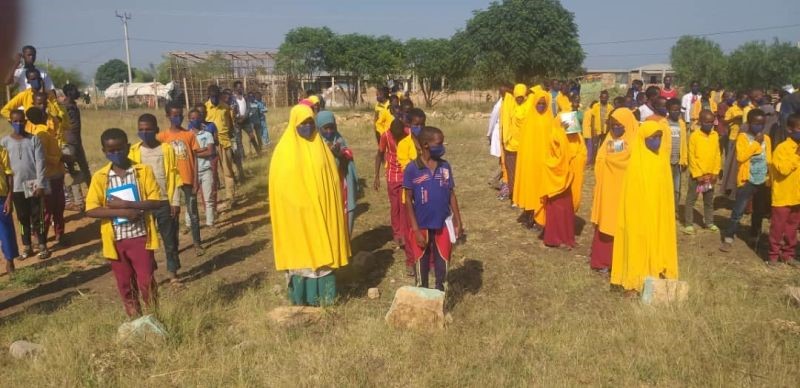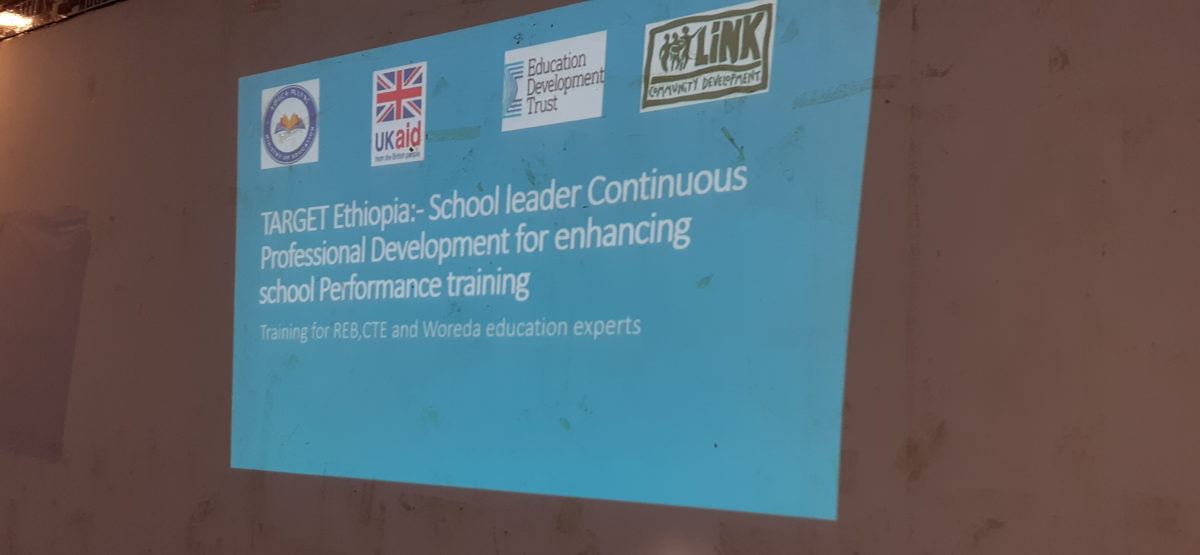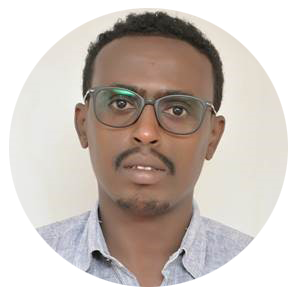On March 16 this year, Ethiopia closed schools in a bid to prevent the spread of COVID-19 and sent millions into homes. It was only last week that the first phase of a three phase reopening plan that the Ministry of Education announced in September, 2020, finally started.
The school reopening comes after the Government of Ethiopia launched a month-long nationwide campaign in August on a theme of “ምክንያት አልሆንም።” (no reason for coronavirus) as televised on Ethiopia Broadcasting Corporation. The objective of the campaign is to increase the testing of COVID-19 so that we know the trends of the pandemic. When Ethiopia Prime Minister Abiy Ahmed Ali talked to the public he said after the end of this campaign he would let us know when different aspects of life would reopen, and schools were one of those areas.

According to news in the Ethiopian Herald, the Minister of Health, Dr. Lia Tadesse, on presenting the performance report on national COVID-19 responses to the House of People’s Representatives in mid-early September said that schools could be opened by meeting the necessary requirements like wearing face masks, providing adequate water and soap, and strengthening the participation of the parents, teachers and other stakeholders. Reducing the number of students in classes to apply social distancing, opening windows and doors of classes as well as implementing technologies and other mechanisms are also requirements of reopening schools, Dr. Lia remarked.
Government made the necessary arrangements to reopen schools to take precautions against the threat of coronavirus and dispatched 50 million facemasks to schools but required additional assistance from INGOs getting water to every school.
To further support government efforts, the TARGET project, implemented by Link, Education Development Trust and the Ethiopian Centre for Disability and Development, aims to improve student learning alongside enhancing equity and efficiency. Together we have conducted a training of trainers on strengthening school leadership through Continuous Professional Development in four regions; Somali, Benishangul-Gumuz, Gambela and Afar.

The training will be cascaded into woredas (districts) where Link-trained facilitators will train school leaders in tools such as strengthening school leadership, community engagement, inclusive and gender responsive management and leading learning.
The tools that are given in this training are not limited just to education in normal times, but also focus on training in the context of COVID-19 by designing strategies that increase the involvement of school management bodies such as the Kebele Education Training Board, the Parent, Teacher and Student Associations, as well as other school management bodies to support and mitigate against COVID-19, as well as other emergencies.
Therefore, I believe this training will play a crucial role in the current school opening and beyond, and in the future it will hopefully serve as one of the requirements requested by the Ministry of Health and Ministry of Education.

